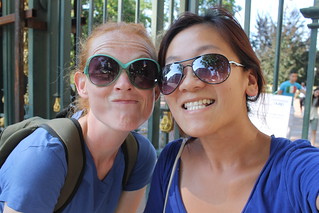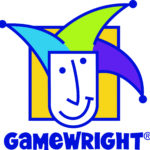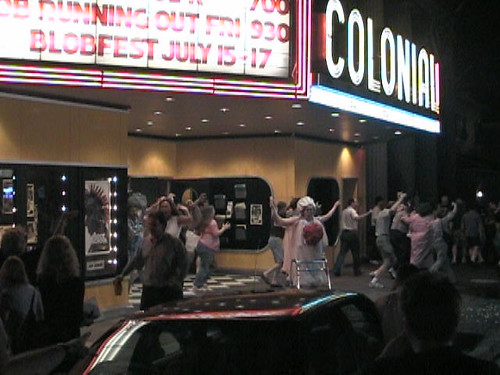Today’s guest post from Melissa Dinwiddie is a wonderful primer on how to use the StoryADay community to help you become more productive than you ever dreamed. Thanks, Melissa!

Do you know one of the most effective things you can do to get your writing done?
Make yourself accountable.
I don’t know the statistics, but it’s a well known fact that if you want to reach a goal, speaking your commitment — including your deadline — to someone you know will hold you to it makes you dramatically more likely to actually do it.
Accountability is a powerful tool, and there are a number of ways you can integrate it into your writing practice. One of my own secret weapons is an accountability buddy.
Here’s what I’ve learned about maintaining an effective accountability partnership.
At the start of the year I was in a mastermind group (another great accountability tool), assembled with the express purpose of helping each other accomplish one specific goal in the month of January. When that group dissolved, a couple of us decided to keep checking in with each other.
At first our monthly calls started to get a little chatty — understandable enough, since we liked each other and had come to think of each other as friends.
This is an inherent danger in any accountability relationship. The problem, of course, is that chatting does not make for finished projects and completed goals.
Accountability partners have to be vigilant, and must keep coming back to the purpose for their partnership. If you want to chat, set up another date specifically for that. During your accountability check-ins, stick with the agenda: keeping each other on track.
This is exactly what I did at the end of a particularly chatty call. “Before we hang up,” I asked, “what’s your next step?”
My buddy confessed that she had a novel that had been sitting in a drawer for way too long, and what she really wanted was to get it edited and up for sale as a download on her site.
“Aha,” I responded, kicking into coaching mode, “so what’s stopping you?”
I asked her realistically how long she thought the editing would take, and when she said “about four hours,” I suggested (okay, I practically insisted) that she do it this week. In other words, I held out an expectation that I thought was achievable.
With my kick in the butt, she was ready to take on this project that she’d been putting off, so the next step was to set up a check-in schedule that worked for her. She committed to emailing me a progress report every night before going to bed, and set a goal of a 2-3 chapters per day.
Although it turned out four hours was an underestimation, I’m pleased to report that in less than two weeks my buddy had finished editing her entire manuscript and was ready to tackle the production side of getting her novel made into a downloadable ebook format. She swears she never would have gotten there without my help.
Do you think this kind of partnership might work for you? Give it a try! To keep you on track, I recommend sticking with the same structure every time you meet. The following questions are a good jumping off place:
- What did you achieve since we last checked in? Did you accomplish your goal?
- What didn’t work? What are you going to do differently next time?
- What goal do you commit to between now and the next check-in?
- What can you use help with?
Remember to reserve your chatting for another time, and let me know how it goes!
Artist, Writer and Inspirationalist Melissa Dinwiddie helps creatives (and “wannabe” creatives) to get unstuck, get unpoor, and just plain play bigger. Find her at her blogs, Living A Creative Life and 365 Days of Genius.
Win! Win! Win!
Leave a comment with your best tips for boosting productivity and/or working with other people and win a copy of Rory’s Story Cubes, a wonderful dice game that doubles as a story-telling tool. Roll the dice and make a story from the extremely cute images on the dice.
Today’s winner will be a random draw, so you get extra entries if you post about StoryADay on your blog, Twitter, Facebook or anywhere else (yes, I’ll give credit for blog posts from yesterday). Just leave me a comment saying where you posted.

Special thanks to Rory O’Connor and the lovely folks at Gamewright Games for donating this prize.

Mary Robinette Kowal is the author of the GLAMOURIST HISTORIES series of historical fantasy novels, and the 2011 Hugo Award-winning short story “For Want of a Nail.” Her short fiction appears in Clarkesworld, Cosmos and Asimov’s. Mary, a professional puppeteer, lives in Chicago. Visit her online at maryrobinettekowal.com.







